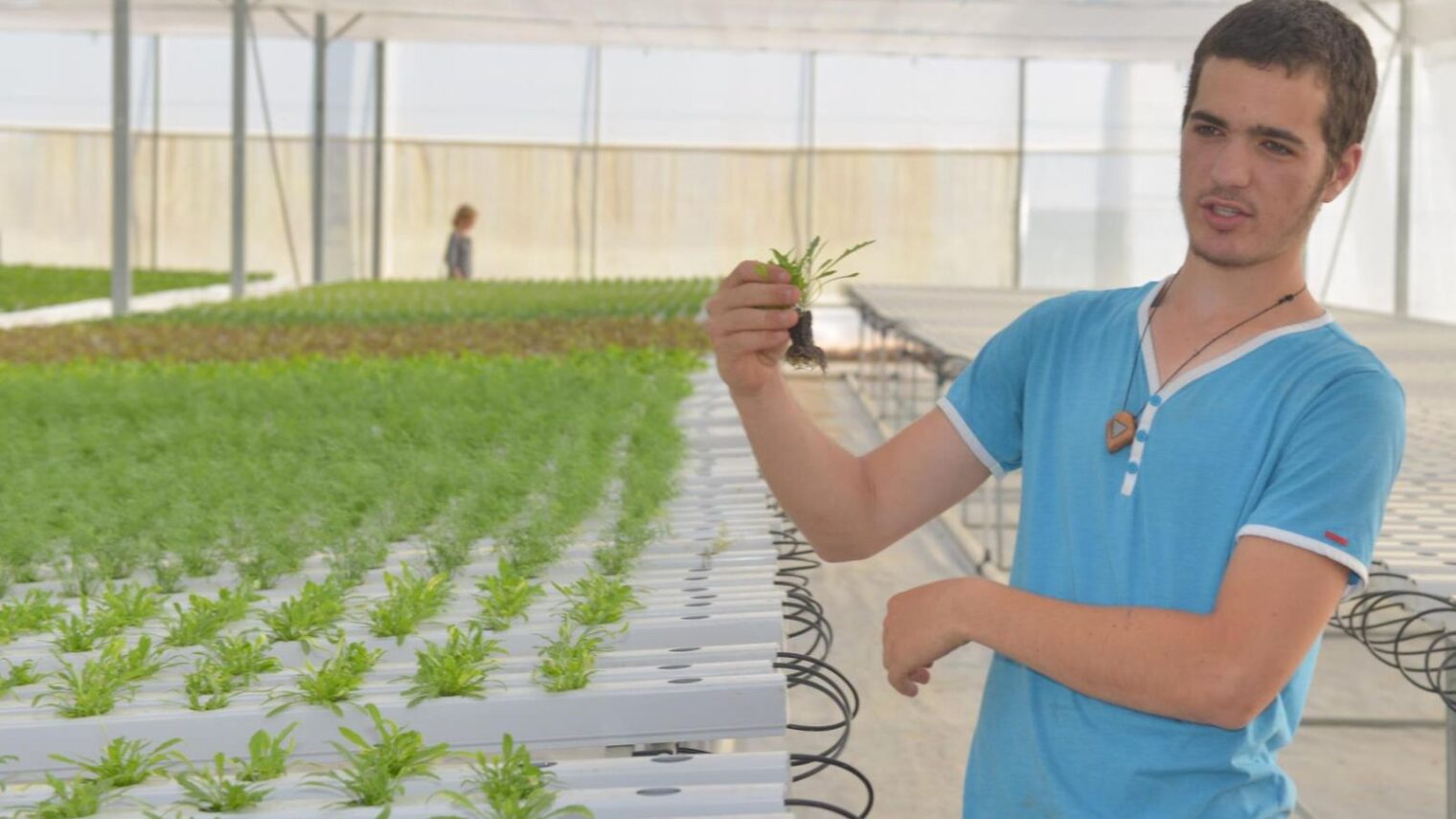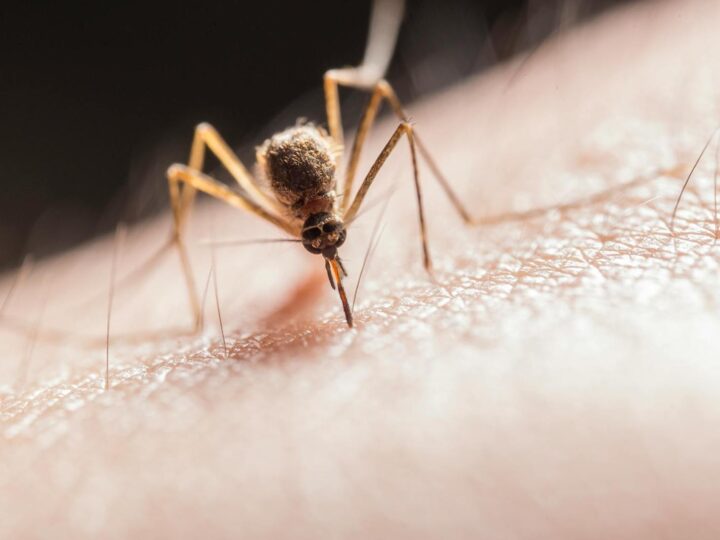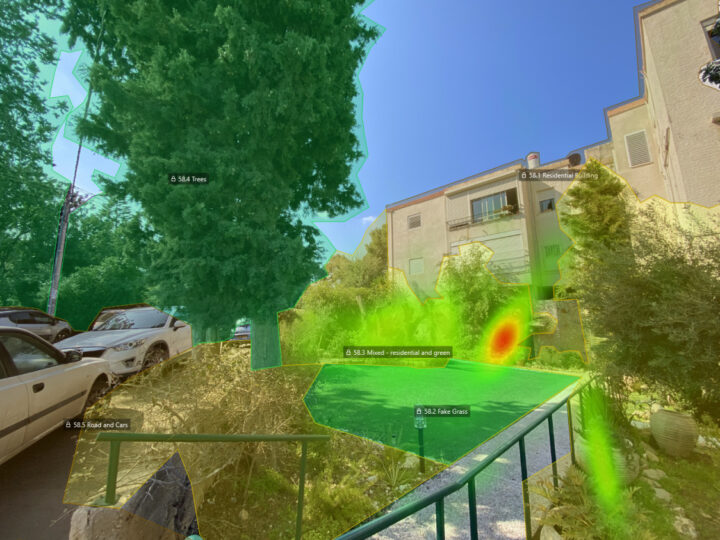The new Kaima hydroponic greenhouse and educational center at the Jerusalem Botanical Gardens, inaugurated with great fanfare on April 19, will provide soil-free organic leafy greens like lettuce, kale and arugula to customers of Kaima’s community supported agriculture (CSA) program.
The greenhouse grew out of a program that gives high-school dropouts a chance to turn around their lives through the hard but rewarding work of agriculture.
Since the first seeds were sown in April 2013 on Kaima’s three-acre model farm in the Jerusalem suburb of Beit Zayit, the nonprofit has established a new farm in Be’erotayim (central Israel) and is preparing others in Nahalal (Jezreel Valley) and Hukok (Jordan Valley). The hydroponic greenhouse is its latest project.
The 15- to 18-year-olds who choose to join Kaima (Aramaic for “sustainability”) at the suggestion of social workers earn an hourly wage to plant, tend and harvest organic veggies such as corn, melon, peppers, cherry tomatoes and pumpkin for CSA customers. The boys and girls work the fields one-on-one with staff members and/or adult volunteers for as long as they like — a few months, a year or more.
Giving the kids responsibility, listening to them and showing them new possibilities for their future works wonders, Kaima founder Yoni Yefet-Reich tells ISRAEL21c.
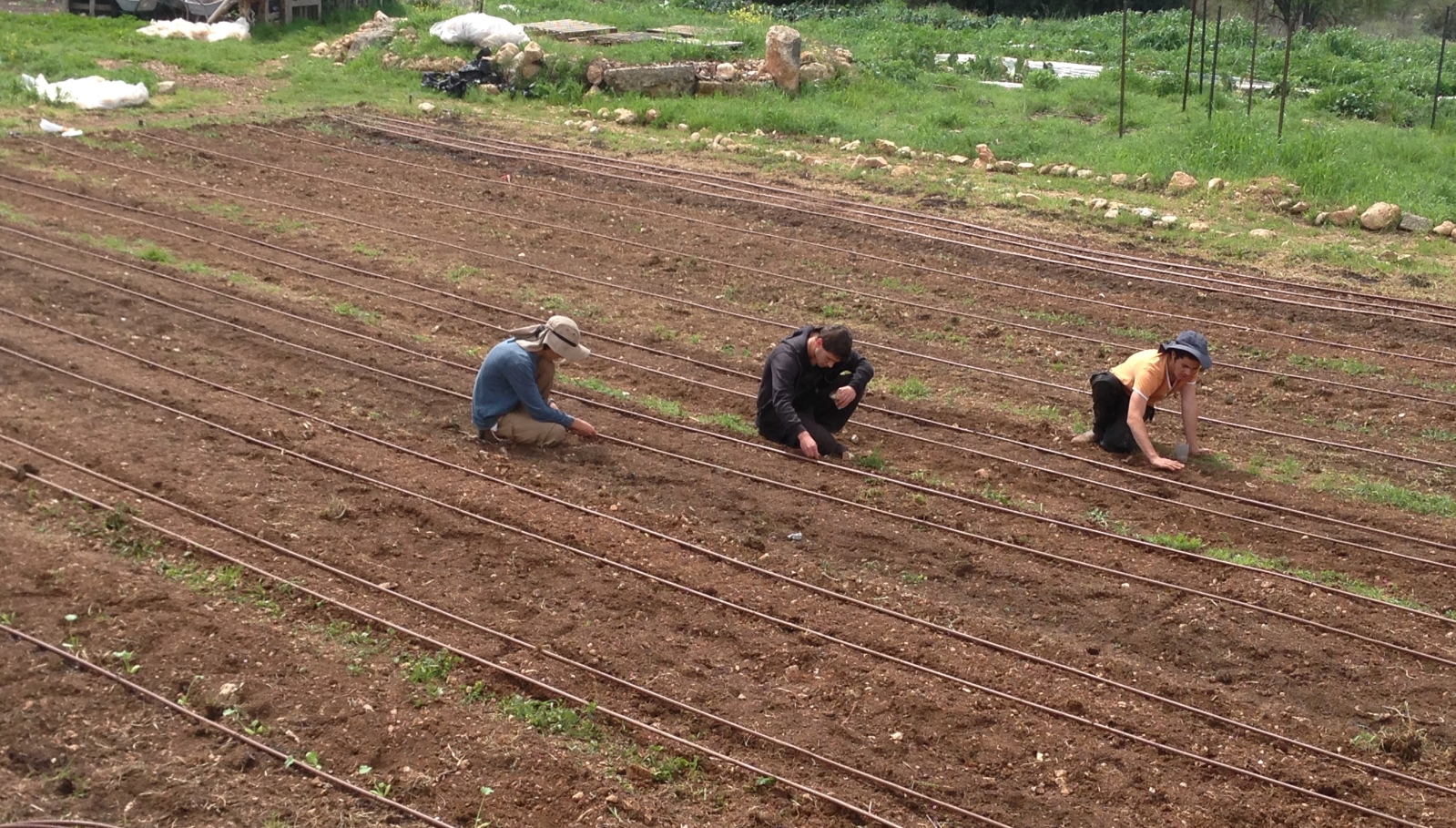
“In a year we meet between 40 and 50 youth and work with 10 to 15 at a time. Most of them, 80 percent, go back to school within a few months. And what’s really amazing is that all the youth we’ve worked with went to military or national service when they turned 18.”
In other words, these teens from the margins of Israeli society have all found their way back in the mainstream with the help of what one might call “farm therapy.”
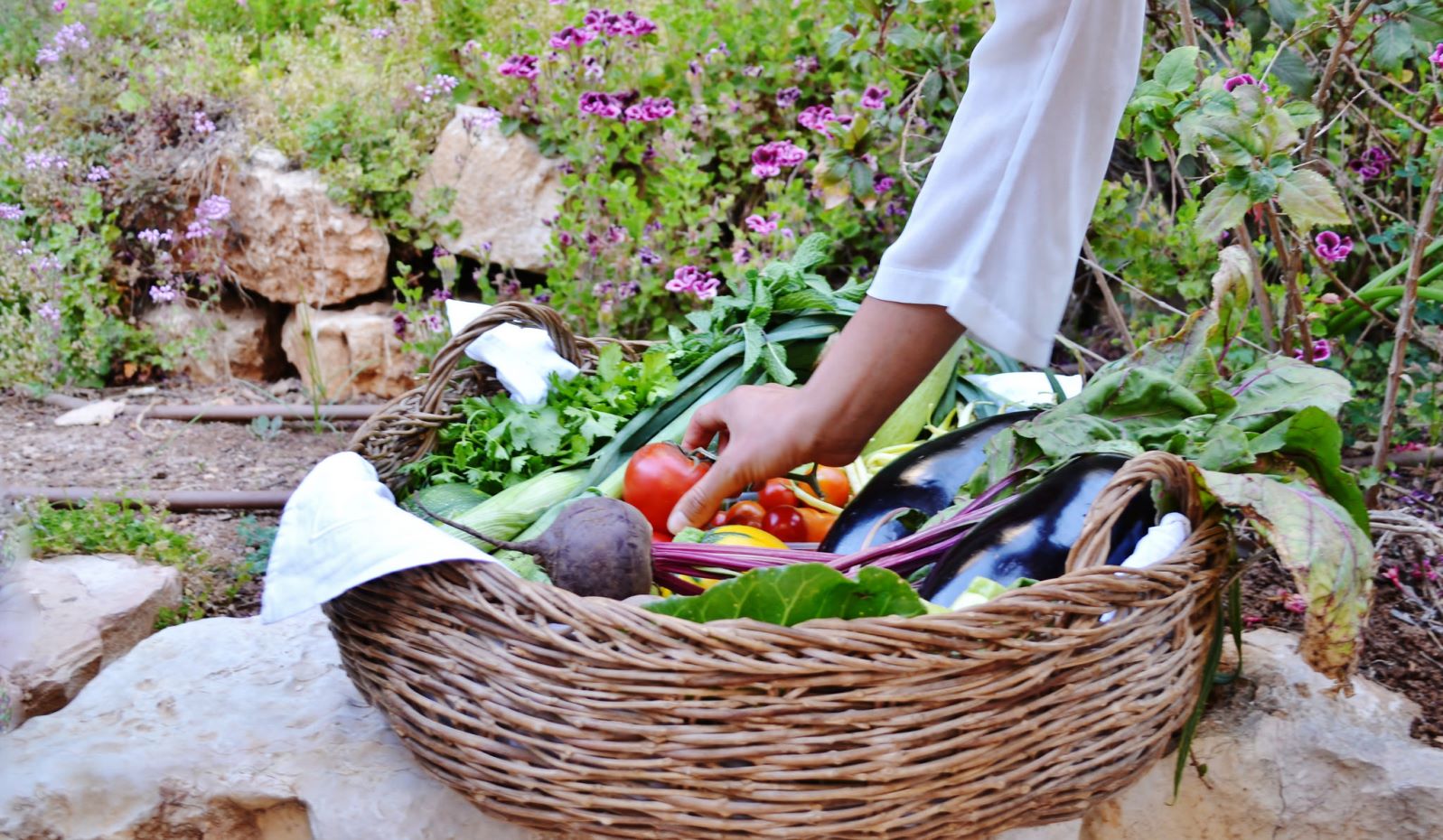
Supported by donors including the Matanel Foundation of Luxembourg, Kaima Beit Zayit now earns half its budget from 250 CSA customers and aims to get to 70%.
“When we started in Beit Zayit, we thought that if the model works well we’d like others to learn it and do it themselves,” Yefet-Reich says.
Three new farms
The first to approach him was a couple from Be’erotayim, near Netanya, offering their 20-dunam (five-acre) plot as a satellite Kaima farm.They agreed to volunteer on the Beit Zayit farm for a week before signing a contract.
“We call it social franchising. It has nothing to do with money but only our willingness to be a guide for them,” says Yefet-Reich, a Beit Zayit resident who has degrees in law and nonprofit management and also graduated from the Ein Kerem Community Environmental School in Jerusalem.
“About a year ago they started the farm and it is working amazingly. They have something like 100 CSA customers every week, and work with youth from Netanya, Kfar Yona and the Arab village of Kalansua.”
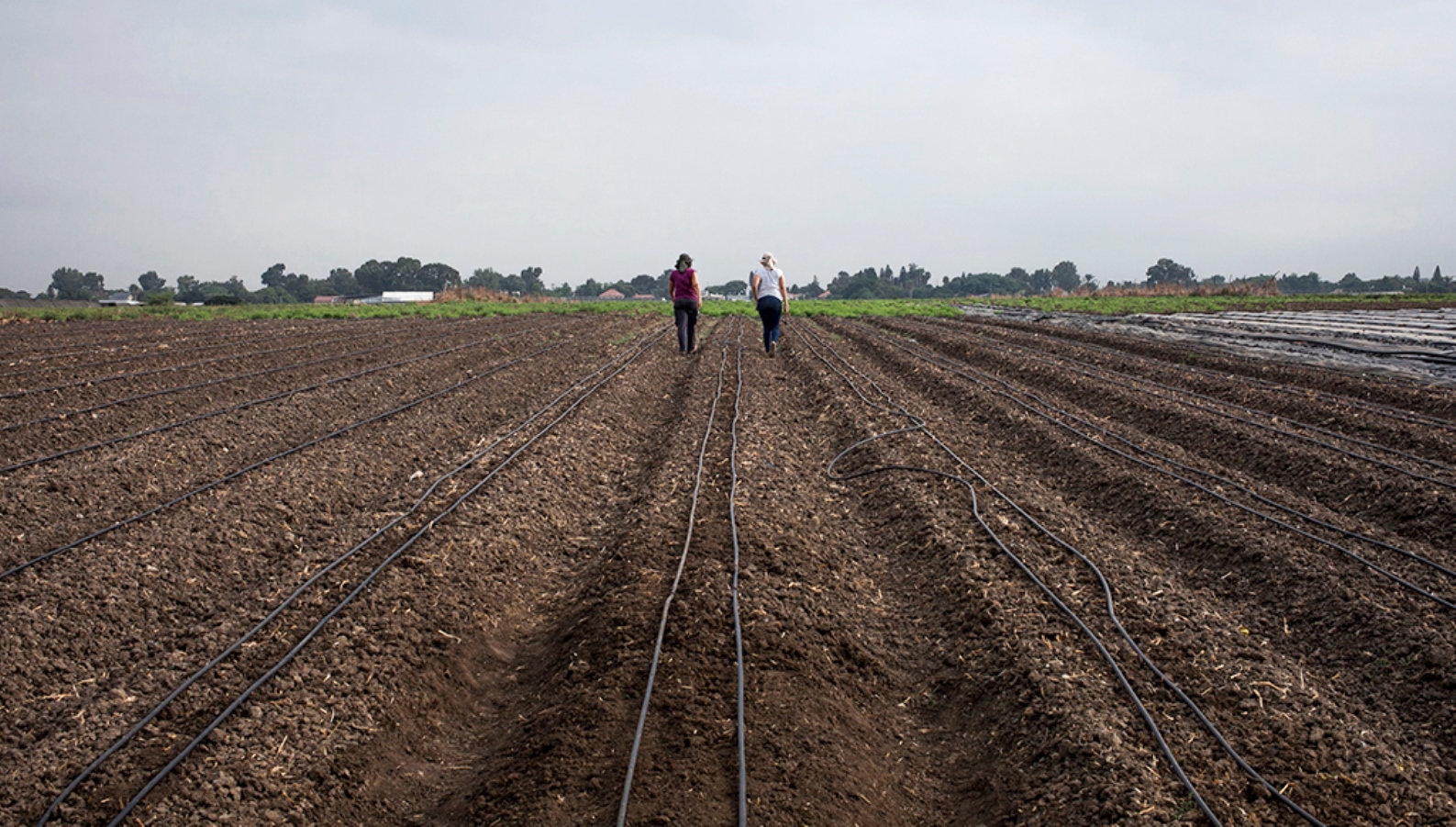
Next, two groups of educators came to Kaima, one from Hukok and the other from Nahalal. Each had a commitment from local farmers willing to implement Kaima’s educational model as a nonprofit venture. Kaima’s staff is guiding them in setting up the enterprises.
In the fall of 2014, the San Diego-based Leichtag Foundation, one of Kaima’s early supporters, suggested that the organization team up with the new Social and Environmental Hub at the Jerusalem Botanical Gardens in order to bring hydroponic greenhouse farming to the capital city.
The goals were to increase educational and economic opportunities for Kaima’s young farmers, expand the CSA offerings and customer base, and promote local hydroponic vegetable-growing to Jerusalem residents and business owners.
With capital from the Leichtag Foundation, IVN, the Russell Berrie Foundation and two Israeli donors, the greenhouse got under construction in November last year. The Natan Fund provided seed funding for its initial programming.
“This helps us a lot because we have a very small plot in Beit Zayit and the growing conditions are too difficult for leafy vegetables,” says Yefet-Reich.
“But more than that, hydroponics is a good opportunity for our youth to learn a different way to grow. They built the greenhouse with us and manage it themselves. The kids are really into it; they love guiding groups and want to go to schools to explain what we do. We are beginning to develop the pedagogic piece in collaboration with the Botanical Gardens staff.”
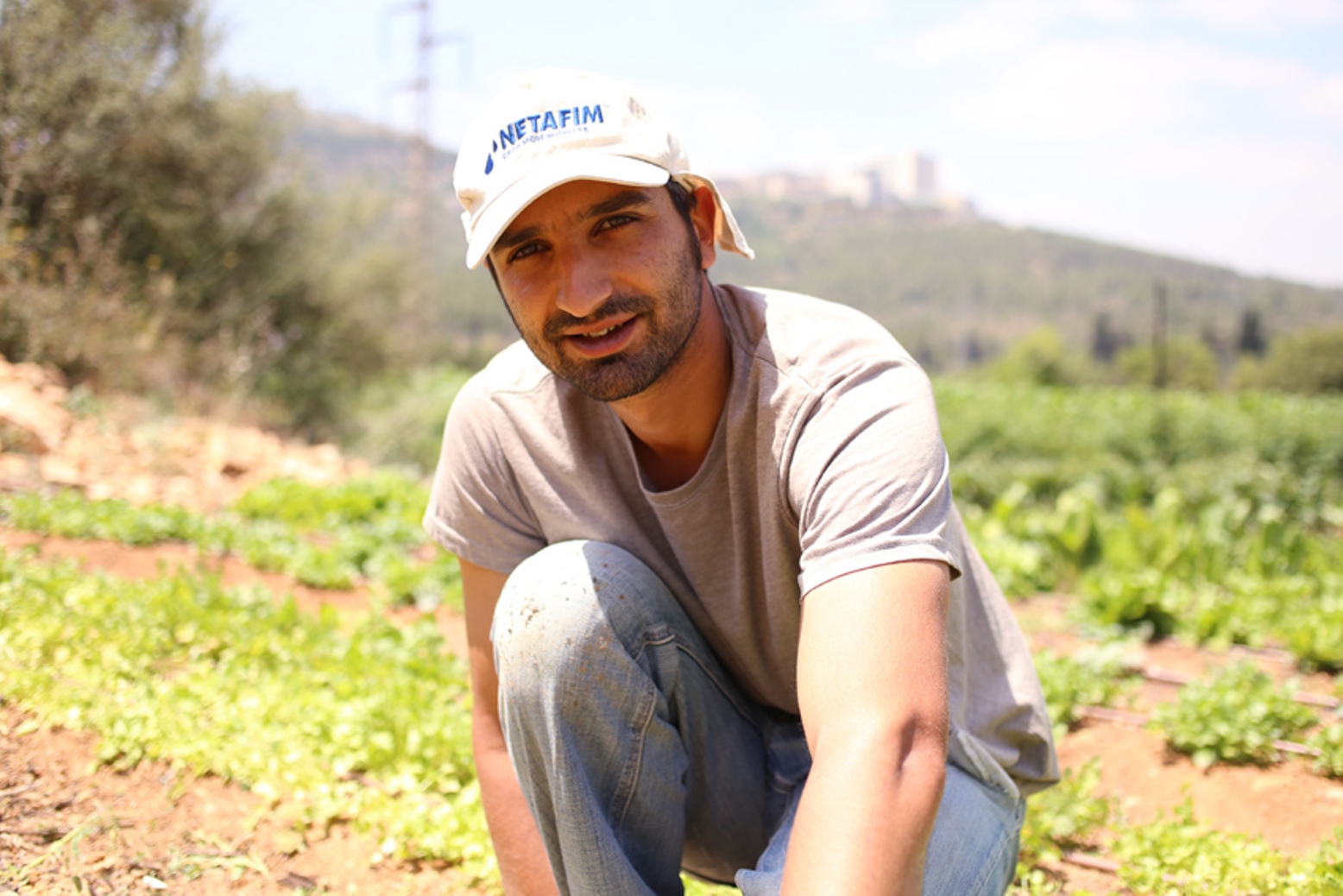
Yefet-Reich is always looking for additional sponsors to further develop Kaima’s existing projects.
“We have some help from the Ministry of Welfare and the National Insurance Institute, but we hope to get more because it is in the state’s best interest to get these kids back into society,” he says.
For more information, click here.




